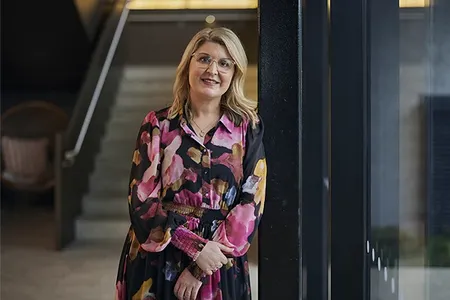Whenua
By MAS Team
One in five New Zealanders experience mental illness each year. Almost all of these people will recover or live well with the right tautoko (support).
Te Whare Tapa Whā is a model of health that helps us identify where we need extra support. It describes health as a wharenui/meeting house with four walls. These walls represent:
Connection with the whenua (land) forms the foundation. When all four walls and the foundation are strong, we feel strong too, including our top two inches (our mental wellbeing).
Whenua is the place where you stand. It is your connection to the land – a source of life, nourishment and wellbeing for everyone. Whenua includes soil, rocks, plants, animals and the people inhabiting the land – tangata whenua. We are linked physically and spiritually to the land – it is the earth through which you are connected to your tūpuna (ancestors) and all the generations that will come after you.
You can also think about whenua as your place of belonging – that means the spaces where you feel comfortable, safe and able to be yourself, which could be at mahi (work), in a sports team, with your friends, or at home with your whānau.
In Te Ao Māori, everything has mauri (life force). When our natural resources are not looked after, this life force is weakened and this directly impacts mental health and wellbeing. If your place of mahi is not safe, welcoming and inclusive, it will also have a huge impact on wellbeing.
Take some time to reflect on what whenua means to you. If you tried out any of the activities above what specifically made you feel good and what didn’t? If any of the activities helped to boost your mental health and wellbeing why not find ways to include them regularly in your week.

With GLP-1 weight-loss drugs now available in New Zealand, Health journalist Niki Bezzant delves into the pros and cons of these so-called miracle workers.

While it’s good to have a positive outlook – student life’s not all sunshine and rainbows. So how do we build the resilience to bounce back? It’s all about taking care of yourself so you’re prepared for the worst.

Stress affects everyone in different ways. In stressful situations some people seem remarkably calm while others quickly show the ‘jitters’, some people lose their appetite entirely, while others crave (often sugary) foods.